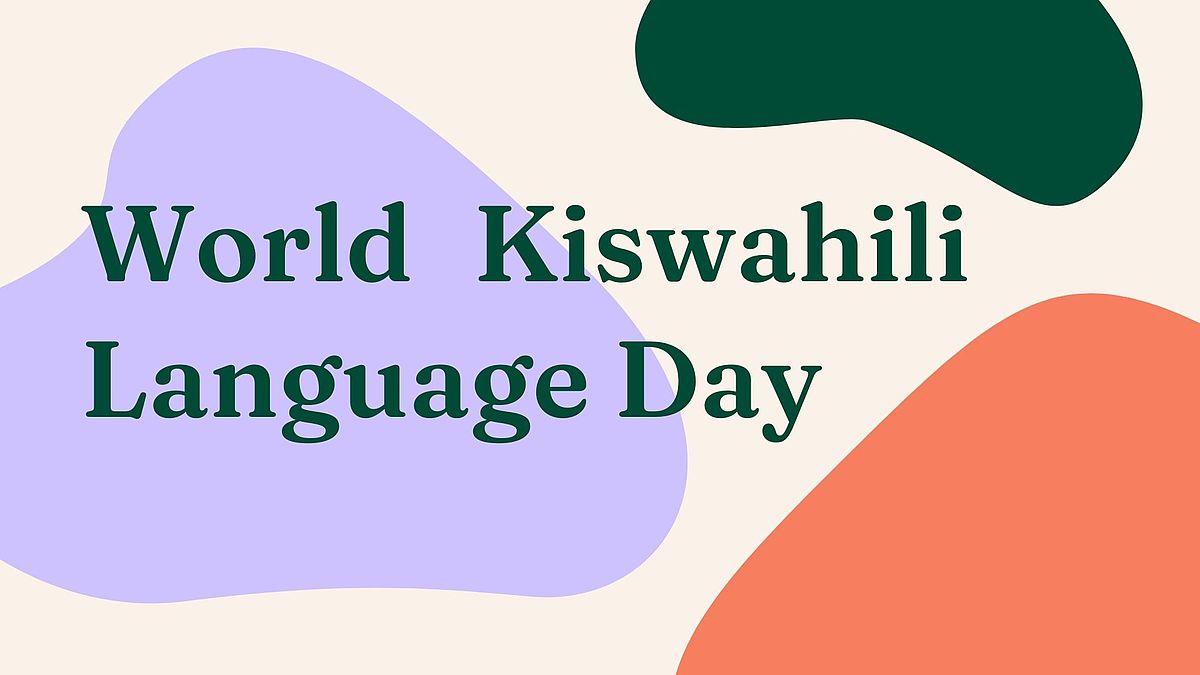The United Nations Educational, Scientific and Cultural Organization(UNESCO) celebrated the World Kiswahili Language Day on 7th July. In the 1950s the United Nations established the Kiswahili language unit of United Nations Radio, and today Kiswahili is the only African language within the Directorate of the Global Communications at the United Nations. Kiswahili is the first African Language to have this honour. Kiswahili is also known as Swahili language or kiSwahili. The day offers a platform to promote the potential of Kiswahili to achieve both the UN Agenda 2030 for Sustainable Development and the African Union Agenda 2063.
Why July 7?
On 7th July 1954, the Tanganyika African National Union (TANU) under the late Mwalimu Julius Kambarage Nyerere, First President of the United Republic of Tanzania, adopted Kiswahili as a unifying language for independence struggles.
Theme of Kiswahili Language Day
The Theme of 2023: “Unleashing Kiswahili’s potential in the digital era”
Significance of Kiswahili:
i. With more than 200 million speakers, Kiswahili is among the 10 most widely spoken languages in the world.
ii. Kiswahili is the most widely spoken in Sub-Saharan Africa.
iii. Kiswahili is one of the lingua franca(common language) in many countries within East, Central and Southern Africa and the Middle East.
iv. Kiswahili language is one of the official languages of the African Union (AU) and Southern African Development Community (SADC). Note: The UN established the Kiswahili language unit of UN Radio in the 1950s
History of the Day
- The United Nations General Assembly, through its resolution 71/328 of 11 September 2017, on multilingualism, welcomed implementation of a day dedicated to each of its official languages in order to inform and raise awareness of their history, culture and use, and encouraged the Secretary-General and institutions such as UNESCO to consider extending this important initiative to other non-official languages spoken throughout the world.
- In that regard, the 41st session of the General Conference of UNESCO adopted resolution 41 C/61 that recognized the role the Kiswahili language plays in promoting cultural diversity, creating awareness and fostering dialogue among civilizations and noted the need to promote multilingualism as a core value of the United Nations and an essential factor in harmonious communication between peoples, which promotes unity in diversity and international understanding, tolerance and dialogue.
- Resolution 41 C/61 adopted during the 41st session of the General Conference of UNESCO on 23rd November 2021, proclaimed the 7th July of every year as the World Kiswahili language Day. The annual observance of the World Kiswahili language Day aims to promote the use of the Kiswahili language as a beacon for unity, peace, and enhanced multiculturalism.
Important takeaways for all competitive exams:
- UNESCO Headquarters: Paris, France;
- UNESCO Founded: 16 November 1945, London, United Kingdom;
- UNESCO (Director-General): Audrey Azoulay;




 Which Country is known as the Land of Mo...
Which Country is known as the Land of Mo...
 Which Languages is known as the Mother o...
Which Languages is known as the Mother o...
 Which Country is known as the Highest Pr...
Which Country is known as the Highest Pr...








